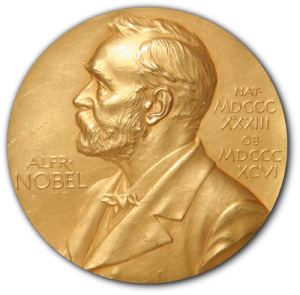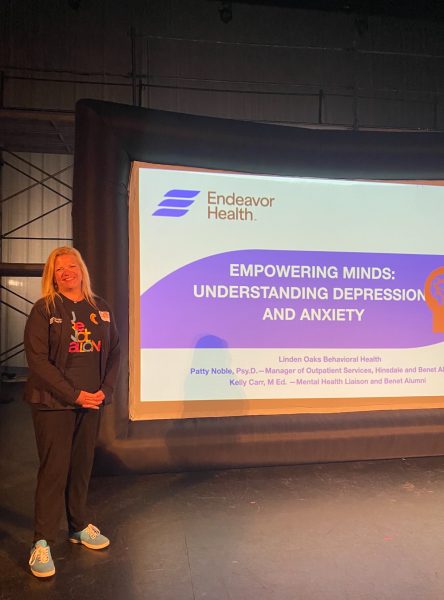American Scientists Win the Nobel Prize
Three American scientists, Michael Rosbash, Jeffrey C. Hall, and Michael W. Young, were awarded the Nobel Prize in Physiology or Medicine on October 2, 2017, for discoveries about the molecular mechanisms controlling the body’s circadian rhythm. These three scientists have joined the ranks of 94 other Americans who have won this prestigious award since its creation in 1901, a great honor worthy of celebration.
Dr. Michael Rosbash was born in Kansas City, Missouri, but was raised in Boston, Massachusetts. He studied chemistry at the California Institute of Technology and received his bachelor’s degree in 1965 from the university. Rosbash then achieved his PhD at the Massachusetts Institute of Technology and joined the faculty at Brandeis University in Waltham, Massachusetts, as an assistant professor in 1974. There he met and worked with Jeffrey Hall.
Hall was born in Brooklyn, New York, but grew up in the suburbs of Washington D.C. He began pursuing a bachelor’s degree at Amherst College in 1963 and commenced his graduate studies at the University of Washington, Seattle.
The third recipient, Dr. Michael Young, was born in Miami, Florida, and earned his undergraduate degree in biology from the University of Texas-Austin in 1971 and later his PhD in 1975 from the same institution. He continued his studies through postdoctoral training at Stanford University School of Medicine and later joined the Rockefeller University as an assistant professor.
 These three men made tremendous strides with unique research in circadian rhythms. A circadian rhythm is any biological process that displays a ‘rhythm,’ or pattern, in a roughly 24-hour cycle for the physiological processes of living beings. Their work involved using fruit flies as a model organism, and over time they were able to isolate a gene that controls the normal daily biological rhythm. They discovered that this gene encodes a protein that accumulates in the cell during the night and degrades during the day, creating an organic clock for organisms. By identifying additional proteins, they exposed the mechanism governing this self-sustaining ‘clock’ inside the cell and found the ‘clock’ regulates behavior, hormone levels, sleep, body temperature, and metabolism. This makes it possible to now detect how and when malfunctions occur within the cell.
These three men made tremendous strides with unique research in circadian rhythms. A circadian rhythm is any biological process that displays a ‘rhythm,’ or pattern, in a roughly 24-hour cycle for the physiological processes of living beings. Their work involved using fruit flies as a model organism, and over time they were able to isolate a gene that controls the normal daily biological rhythm. They discovered that this gene encodes a protein that accumulates in the cell during the night and degrades during the day, creating an organic clock for organisms. By identifying additional proteins, they exposed the mechanism governing this self-sustaining ‘clock’ inside the cell and found the ‘clock’ regulates behavior, hormone levels, sleep, body temperature, and metabolism. This makes it possible to now detect how and when malfunctions occur within the cell.
Rosbash, Hall, and Young solved many mysteries of unknown occurrences within the body with their discovery. As a result, they have greatly enhanced the understanding of the health of the human body, and for their findings, they won the Nobel Prize.








